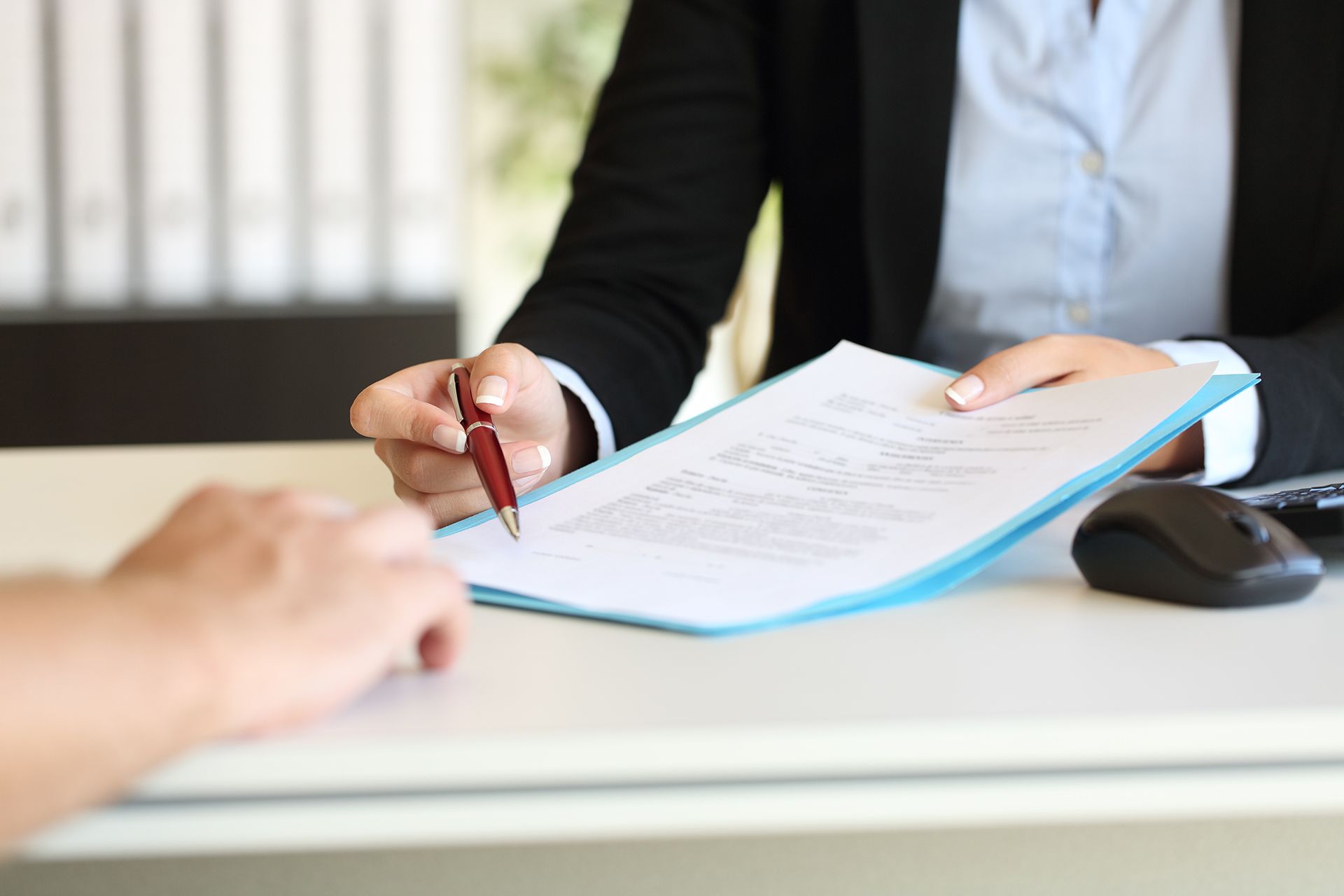The Importance of the Additional Insured Designation
When organizing an event, it's crucial to consider all potential risks and liabilities that could occur during the course of the event. Even with the most meticulous planning and preparation, accidents can happen, and these accidents can lead to significant financial damages or even legal action.
Liability insurance coverage is essential for any event, but it's important to understand that not all types of liability are covered under a standard policy. There are many things that could go wrong at an event that would be excluded from liability coverage, and it's essential to have Special Event Liability coverage to protect against these risks.
One of the most significant risks at an event is bodily injury. This could occur in a variety of ways, from slips and falls to more serious accidents. If someone is injured at the event, the organizer could be held liable for medical expenses, lost wages, and other damages. Without Special Event Liability coverage, these costs could be significant.
Property damage is another potential liability at an event. For example, if a vendor's equipment damages the venue, the organizer could be held responsible for repairs. Special Event Liability coverage can help to cover these costs, ensuring that the event is not financially ruined by unforeseen damages.
In addition to bodily injury and property damage, there are other potential liabilities that could occur at an event. For example, if a vendor's product causes harm to a consumer, the organizer could be held liable. Special Event Liability coverage can help to cover the costs of any legal action that may arise in such situations.
Another potential liability at an event is alcohol-related incidents. If alcohol is being served at the event, the organizer could be held liable for any accidents or injuries that occur as a result. Special Event Liability coverage can help to cover the costs of any legal action that may arise in such situations.
It's important to note that liability insurance policies typically do not cover intentional acts of wrongdoing. If an event attendee intentionally causes harm to someone else, the organizer may not be protected by liability coverage. It's essential to have Special Event Liability coverage to protect against these risks.
Naming the venue as an additional insured on the Special Event Liability policy is also important. This ensures that the venue is protected against any potential liabilities that could arise during the event. Without this protection, the venue could be held liable for damages, even if they were not directly involved in the incident.
Similarly, each vendor, exhibitor, and subcontractor should have their own respective Special Event Liability policies that name the event's organizer as an additional insured. This ensures that each vendor is responsible for their own liability and protects the organizer from any potential damages that may arise from the vendor's activities.
In conclusion, organizing an event comes with a significant amount of risk and potential liabilities. Liability insurance coverage is essential, but it's important to have Special Event Liability coverage to protect against the specific risks that could arise during the event. Naming the venue and each vendor as additional insured is also crucial to ensure that all parties are protected against potential damages. By taking these steps, event organizers can minimize their risks and ensure that their event is a success.



Business Hours
Mon - Fri: 9:00 AM - 5:00 PM
Sat - Sun: By Appointment Only
Clients can make arrangement for appointments after hours.
Payment Options
We Also Accept: Wire Transfer
